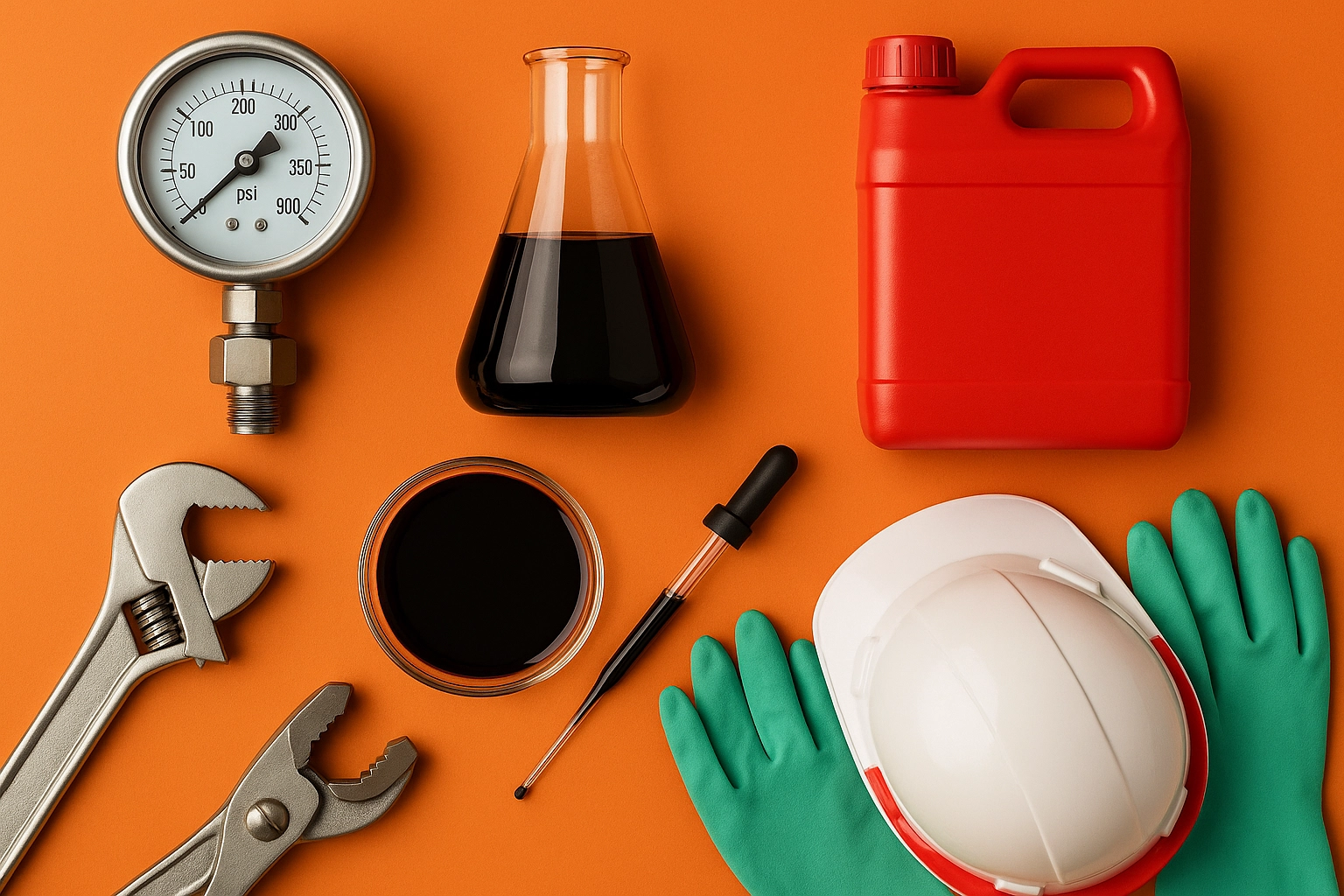Oil & Gas Testing
The oil and gas industry is one of the most critical sectors driving global economies. Ensuring the quality, safety, and sustainability of operations in this sector requires stringent testing protocols to guarantee product integrity and regulatory compliance.
In the realm of oil and gas exploration and production, materials used must withstand extreme conditions such as high pressures, corrosive environments, and wide temperature fluctuations. Testing is essential for validating that equipment and materials meet industry standards and can perform reliably under these harsh circumstances.
Our laboratory offers comprehensive testing services tailored to address the specific challenges faced by oil and gas companies. We provide a range of tests including mechanical property evaluations, chemical analysis, corrosion resistance assessments, and material compatibility checks. These tests are conducted using state-of-the-art equipment and internationally recognized standards such as ISO 9001:2015 for quality management systems.
Our team of experts ensures that every test is performed accurately and efficiently, providing results that are reliable and actionable. By leveraging our advanced technology and experienced personnel, we deliver high-quality testing solutions designed to meet the stringent requirements of this demanding industry.
In addition to routine testing, our services also include performance optimization studies aimed at enhancing the efficiency and longevity of oil and gas assets. We employ cutting-edge techniques and methodologies to identify potential issues early on and recommend proactive measures to mitigate risks.
Our commitment to excellence extends beyond just conducting tests; it encompasses providing valuable insights based on our findings. This allows our clients to make informed decisions that contribute positively towards their operational success and sustainability goals.
Benefits
The significance of robust testing in the oil and gas sector cannot be overstated. Regular inspections and assessments help identify any potential weaknesses or failures before they escalate into major problems, thereby saving time and resources. By adhering to strict quality control measures through rigorous tests, companies can ensure product consistency and reliability.
Moreover, compliance with relevant standards not only protects the environment but also enhances public confidence in the products being offered. It demonstrates a company's dedication to ethical practices and responsible business conduct. Consistent adherence to these norms fosters trust among stakeholders – from investors to end consumers.
Additionally, conducting thorough testing helps minimize operational risks by ensuring that all components operate safely and efficiently within specified limits. This proactive approach can prevent costly downtime incidents and extend the lifespan of equipment and infrastructure assets.
Lastly, investing in comprehensive testing services provides valuable data which can be used for continuous improvement initiatives aimed at improving overall performance metrics across various aspects of business operations.
Industry Applications
| Application | Description |
|---|---|
| Material Testing | Evaluating the mechanical properties and chemical composition of materials used in oil drilling. |
| Corrosion Resistance Assessment | Determining how well different metals and alloys withstand corrosive conditions present in offshore platforms. |
| Performance Optimization Studies | Identifying ways to improve the efficiency of existing processes or systems related to oil extraction methods. |
| Certification Programs | Ensuring compliance with international standards required for entry into specific markets. |
| Risk Management Strategies | Evaluating various scenarios to predict potential risks associated with new projects or expansions. |
| Environmental Impact Analysis | Assessing the environmental footprint of extraction activities and suggesting mitigation strategies. |
International Acceptance and Recognition
- ASTM International (ASTM) standards widely accepted across North America and Europe.
- ISO 9001:2015 certification ensuring quality management practices meet global expectations.
- EN 14367 recognized throughout the European Union for pipeline integrity testing.
- IEC TC 86 involved in setting standards related to electric power transmission systems, applicable internationally.





